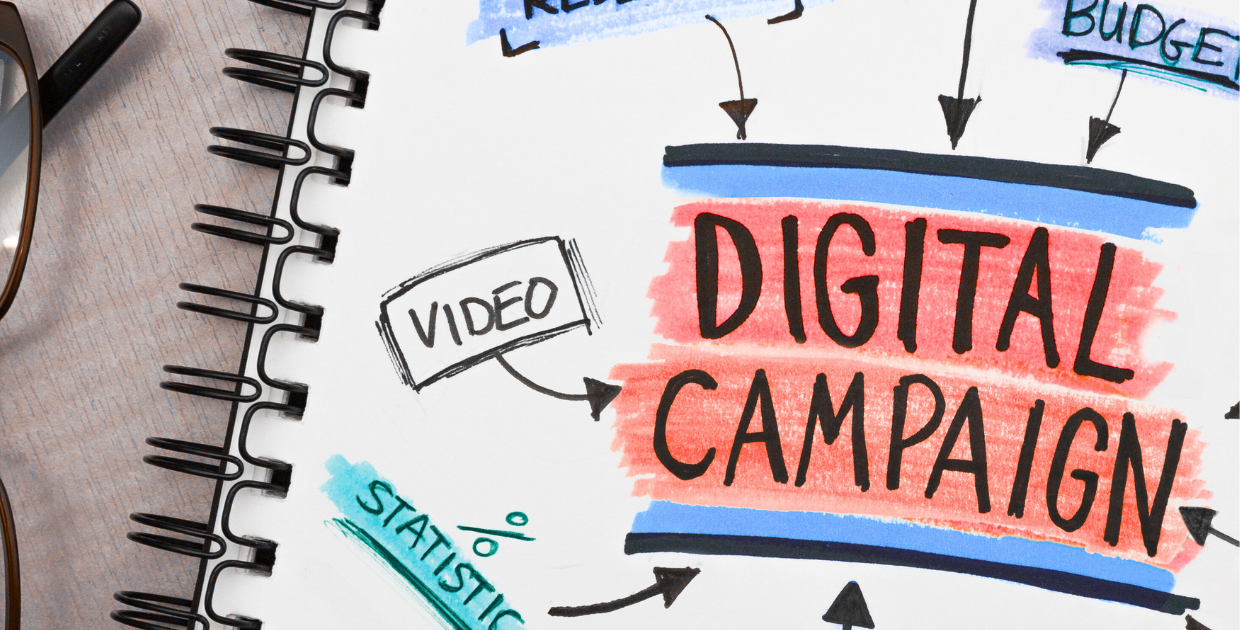In this episode of the Business of Politics Show, host Eric Wilson engages in a conversation with Brian Athey, Chief Creative Officer at Push Digital, a renowned digital agency in Republican politics. The discussion revolves around the utilization of artificial intelligence (AI) in the creative realm of politics. Brian shares concrete examples of how AI is currently being employed for various campaign creative tasks, and explores the potential of AI in scaling ideas and accelerating productivity. The episode delves into the limitations of AI in graphic design tasks and emphasizes the importance of human creativity and authenticity in political campaigns.
Episode Highlights:
- AI as a Tool for Task Performance: Brian explains that AI should be viewed as a tool to delegate repetitive tasks, aiming to expedite processes and enhance ideation. By conditioning AI with specific instructions and formulaic patterns, it can generate a multitude of variations quickly and efficiently.
- Scaling Ideas with AI: Eric and Brian discuss the role of AI in scaling creative ideas. They highlight how AI, such as chat GPT, can assist in generating content, questions, and solutions, thereby accelerating the creative process and offering new perspectives.
- The Limitations of Visual AI Outputs: While AI can assist in generating logos, brand concepts, and marketing copy, Brian emphasizes that AI-generated outputs may lack authenticity and quality. Human creativity and intuition remain essential in refining and executing ideas effectively.
- The Gray Area of Ethics in AI: The conversation delves into the ethical considerations surrounding AI in campaign creativity. Brian acknowledges the gray area in determining ethical boundaries and the potential for AI-generated media to mislead the public. Eric emphasizes the importance of disclosure when using AI-generated content to maintain transparency.
- Tools for AI-driven Creativity: Brian mentions several tools, including Adobe Express, Adobe Firefly, and Motion, that leverage AI to streamline creative processes. These tools offer features such as photo editing, video editing, transcribing, and automating marketing cycles.
- The Future of AI in Politics: Eric and Brian discuss the future implications of AI in politics. They raise concerns about content saturation, loss of authenticity, and the need to engage voters meaningfully. Balancing the efficiency of AI with ethical considerations remains a challenge in the industry.
Conclusion:The episode concludes with insights into the intersection of AI and political campaign creativity. Brian emphasizes the potential of AI as a powerful tool to expedite tasks, scale ideas, and automate processes. However, he also highlights the importance of human creativity, intuition, and authenticity in delivering impactful campaigns. The conversation raises ethical questions about the responsible use of AI in political campaigns and the need for transparency in AI-generated content.
Additional Resources:





